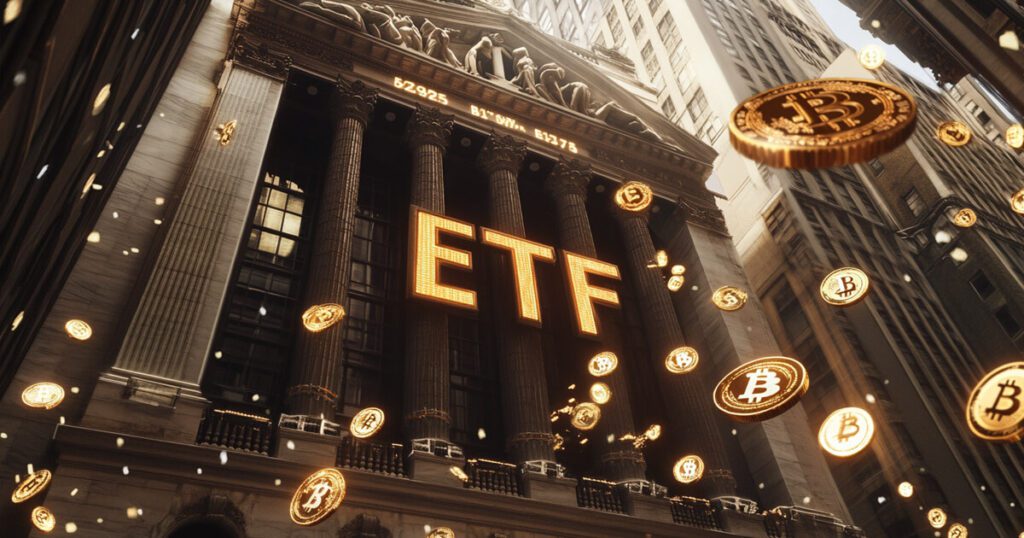

A “new wave” of crypto exchange-traded funds (ETFs) is expected in 2025 as the regulatory landscape improves under the new Trump administration, according to analysts at Bloomberg Intelligence.
Bitcoin-Ethereum (ETH) combo products will likely lead the charge, followed by Litecoin (LTC) and Hedera Hashgraph (HBAR). However, legal and regulatory hurdles are expected to delay ETFs linked to Solana (SOL) and XRP, leaving their future uncertain.
Bloomberg ETF analyst Eric Balchunas, citing research by his colleague James Seyffart, highlighted Litecoin’s favorable position due to its close ties to Bitcoin (BTC).
As a fork of Bitcoin, Litecoin could benefit from its commodity classification, which matches how the United States Securities and Exchange Commission (SEC) treats Bitcoin. Meanwhile, HBAR has thus far avoided being labeled a security, putting it ahead of tokens subject to continued regulatory review.
Seyffart wrote:
“Both Litecoin and HBAR have higher chances of approval than Solana and XRP. But we don’t really know if there is investor demand.”
Canary Capital, a new issuer, is currently the only depositor of ETFs linked to Litecoin and HBAR, raising questions about the level of market interest in these products.
Potential delays
Analysts also pointed out that Solana and XRP ETFs could potentially face greater delays.
The SEC’s rejection of Solana’s recent filings and the legal ambiguity surrounding both tokens have complicated their prospects for approval. Additionally, ongoing lawsuits focused on their classification as securities remain a major hurdle, and analysts suggest these issues will need to be resolved before ETF applications gain traction.
The broader outlook for crypto ETFs depends on the direction of regulatory leadership under the next U.S. administration. Greater clarity around token classifications could reshape the ETF landscape and allow altcoins like Solana and XRP to join Bitcoin and Ethereum products.
While 2025 could mark a turning point for crypto ETFs beyond Bitcoin and Ethereum, analysts have warned that legal uncertainty and weak investor demand for alternative crypto products could continue to limit momentum in the near term.




